Are you curious about how to keep their diet healthy and varied? Start feeding your chickens their main food in the morning before they head out to look around. You shouldn’t mix their main food with treats like scratch grains, which are just treats.
Chickens like to explore and will try different foods, usually staying away from stuff that’s not good for them. However, some foods are better than others.
When they’re out and about, chickens enjoy munching on a bunch of plants. Eating dark green veggies can make their egg yolks darker and richer. Some good veggies for them are lettuce, kale, turnip greens, and chard. They also like watermelon, strawberries, and blueberries as treats, but only give these in small amounts.
Some of their top food picks include:
- Veggies: Swiss chard, squash, broccoli, lettuce, carrots, cucumbers, kale, beets, and pumpkins
- Herbs: Cilantro, thyme, basil, oregano, mint, parsley, and lavender
- Perennials: Coneflowers, hostas, ferns, daisies, roses, and daylilies
If your chickens are allowed to roam around, they will choose plants that they like to eat. You might want to fence off areas you don’t want them getting into. You can also make a garden just for them to enjoy. To keep them busy, place a Flock Block supplement in the yard for them to peck at.
Also Read: Which Fruits Are Healthy For Chickens?
Can Chickens Eat Carrots?
Feeding your chickens carrots is a good idea for lots of reasons, not just for their night vision. Carrots are packed with good stuff that helps keep your chickens healthy. They’ve got fiber, vitamin K1 for strong bones, potassium to keep blood pressure in check, beta carotene which turns into vitamin A for better vision and a stronger immune system, and antioxidants.
Health Benefits Of Carrots
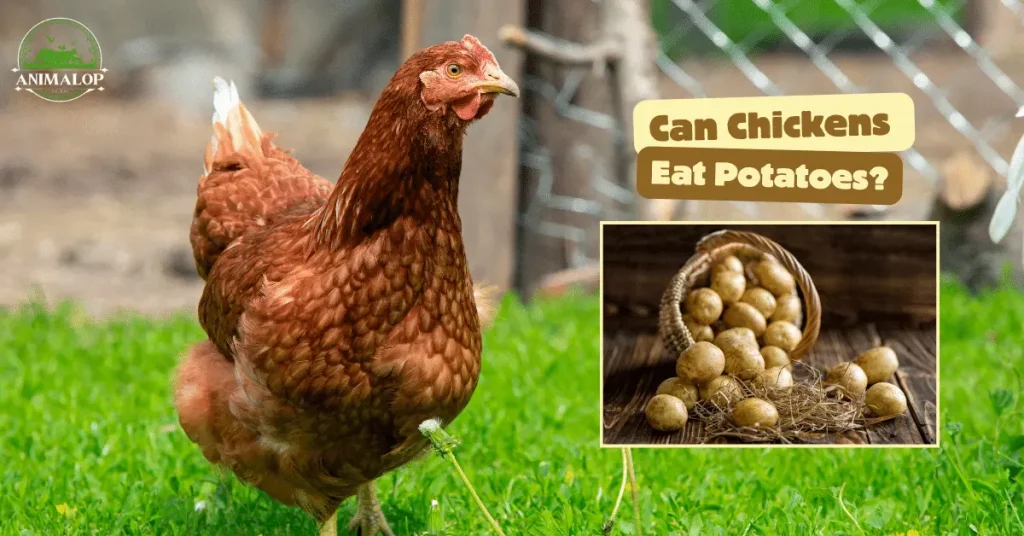
- Only 41 calories
- Mostly water (86%)
- About 9.6 grams of carbs, including some sugars and starch
- A little bit of protein (0.9 grams)
- Some fiber (2.8 grams) which is great for digestion
- Very little fat (0.2 grams)
Carrots have sugar and starch, but they don’t make blood sugar levels spike too much. They’re pretty low on the glycemic scale, which measures how fast blood sugar levels go up after eating. This scale number for carrots can be anywhere from 16 to 60.
The fiber in carrots is also good because it helps with digestion and slows down how fast sugar and starch get into their system. Plus, it can help lower cholesterol, which is great for their health.
But, carrots don’t have much protein or fat, which chickens also need. So, you ought to provide them with a variety of foods to ensure they’re getting a balanced diet.
Explore: Can chickens eat tomatoes?
Can Chickens Eat Onions?
Onions are a common ingredient in our kitchens because they add a lot of flavor to food.
Animals like dogs and cats, however, can suffer serious health problems from eating onions. What about chickens? Can they eat onions?
Yes, chickens can eat onions, but only a little bit. If they eat more than 0.5% of their body weight in onions, it could be harmful. However, onions have some good stuff in them that won’t hurt chickens if they don’t eat too much.
Health Benefits Of Onions
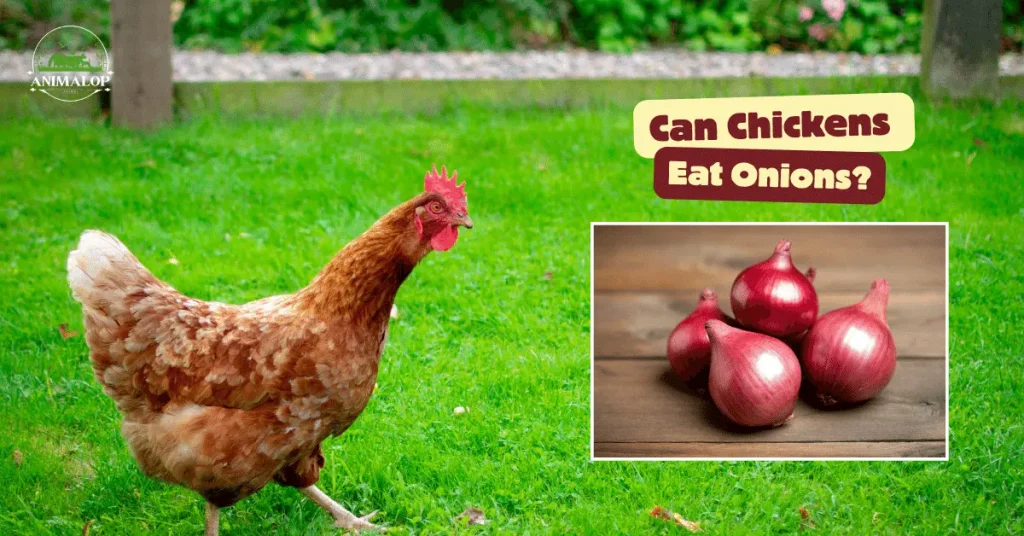
Onions aren’t just for making food taste better. They also have important nutrients for your chickens.
Onions are mostly water (89%), which is great for keeping your chickens hydrated. They also have calcium, phosphorus, and a little bit of protein, which are all important for their growth, health, and egg-laying.
Onions come with minerals and vitamins K and C, and other stuff like manganese, iron, potassium, and magnesium. These can help with things like reducing swelling, lowering blood sugar, and keeping their bones and gut healthy.
Onions also have carbs and fats, which give chickens energy. So, onions can be really good for your chickens in small amounts.
Can Chickens Eat Potatoes?
Feeding your chickens potatoes can be good for them and help cut down on feed costs, but you should only give them in small amounts. Potatoes are full of carbs, which means they can give your chickens a lot of energy and even save you some money.
Don’t Miss: Can chickens eat green beans?
Health Benefits Of Potatoes

- Potatoes have more of the important building blocks (amino acids) than what you usually find in chicken feed, like corn.
- They’re packed with important minerals including potassium, magnesium, and iron.
- Potatoes have a decent amount of protein, about 12%.
- They also have important vitamins like A, B, and C.
- With lots of carbs, potatoes give chickens the energy they need, along with some fiber.
- There’s even research showing that replacing corn with potato meal in chicken feed doesn’t change how much they lay eggs or the quality of the meat.
But why not just feed chickens potatoes all the time?
Even though potatoes are good for chickens, they can’t survive on potatoes alone. Chickens need a varied diet to get all the nutrients they need.
Chickens naturally eat a mix of seeds, plants, bugs, and small animals. At home, they need a diet that gives them a bit of everything.
That’s why chicken feed has a bunch of different ingredients. It’s not just carbs like corn; it also has proteins and other nutrients to make sure chickens get everything they need to be healthy.
Can Chickens Eat Cheese
Chickens really like cheese, but it’s best to only give it to them sometimes. A good rule is to make sure cheese or dairy isn’t more than 10% of what your chickens eat.
Eating too much cheese can lead to problems like diarrhea and putting on too much weight. However, cheese can be really good for chickens in small amounts.
Health Benefits Of Cheese
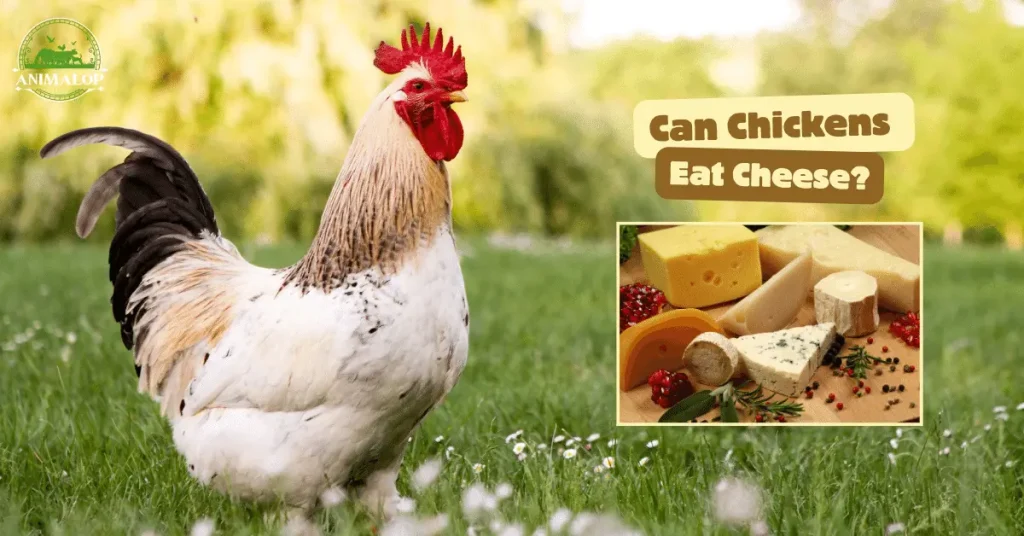
- Cheese is packed with calcium, which is super important for chickens, especially since they lay eggs almost every day. They need calcium to make sure their bones stay strong and their eggshells are tough. Since chickens can’t make calcium themselves, they need to get enough from what they eat.
- It’s full of high-quality protein. Proteins are the building blocks they need for laying eggs, staying healthy, and growing feathers, especially when they’re shedding old feathers and growing new ones.
- Cheese has probiotics, which are great for anyone’s belly, chickens included. Probiotics come from fermented foods and help keep the gut healthy.
- So, a little cheese can go a long way in keeping your chickens happy and healthy.
Can Chickens Eat Bell Peppers
chickens can eat green peppers or bell peppers, and they’re actually pretty good for them. These peppers are packed with vitamins, especially a lot of vitamin C, vitamin B6, and a mineral called manganese.
But, make sure your chickens don’t munch on other parts of the pepper plant, because those parts have a bad substance called solanine that’s not good for them.
Chickens really enjoy fresh fruits and veggies for a fun and fresh snack, and green peppers are no exception.
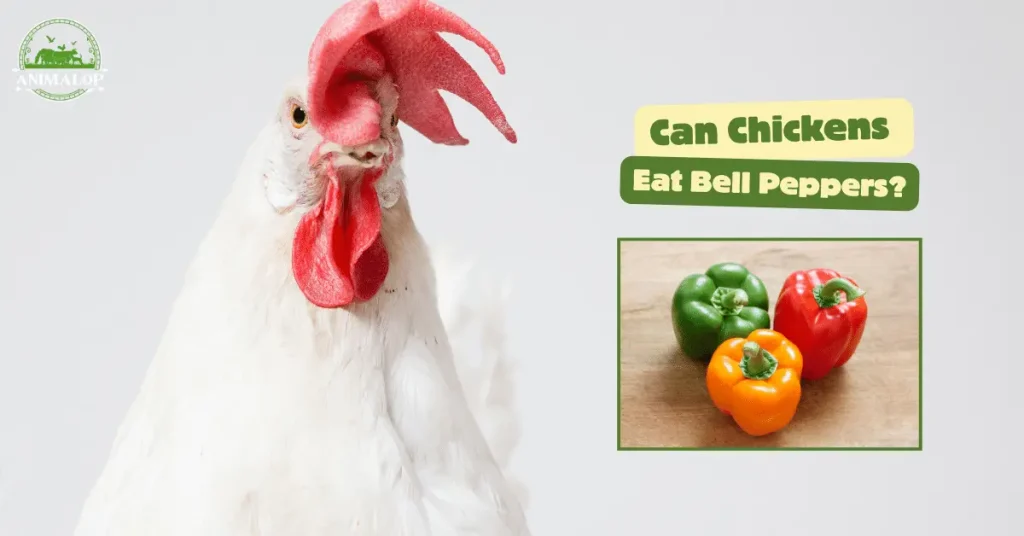
Just remember, only the seeds and the main part of the pepper are safe. Other parts of the plant have stuff in them that can make your chickens sick.
Health Benefits Of Bell Peppers
- Bell peppers have lots of vitamins and minerals.
- They’re loaded with vitamin C and have a good bit of vitamin B6 and a touch of other vitamins.
- They don’t have a ton of minerals but do have some manganese. Plus, they’re mostly water, which makes them a low-calorie snack that can help keep your chickens cool and hydrated.
- Bell peppers are a great extra treat for your chickens. They help keep your flock feeling good, especially when it’s hot or dry, thanks to all the water in the peppers. The vitamins and minerals in the peppers are also great for your chickens’ health.
Even though chickens make their own vitamin C and don’t really need it from their food, it’s still good for a lot of body processes, like healing and staying healthy.
Vitamin B6 in bell peppers helps with a bunch of important stuff in the chickens’ bodies, like turning food into energy and making red blood cells.
Manganese, although only in small amounts in bell peppers, is important too. It helps certain enzymes work right, which are needed for different body processes including keeping bones strong and fighting off harmful molecules.
FAQs
Final Thoughts
I fill my chicken feed bucket with healthy stuff like vegetable scraps, leftover food, and stale bread, but I steer clear of anything moldy because mold can produce harmful mycotoxins. Sharing snacks with my chickens is a highlight of my day; it’s fun to watch their excitement.
My goal is for them to enjoy these treats while staying healthy. In my opinion, if it’s not good enough for me, it’s not good enough for them.

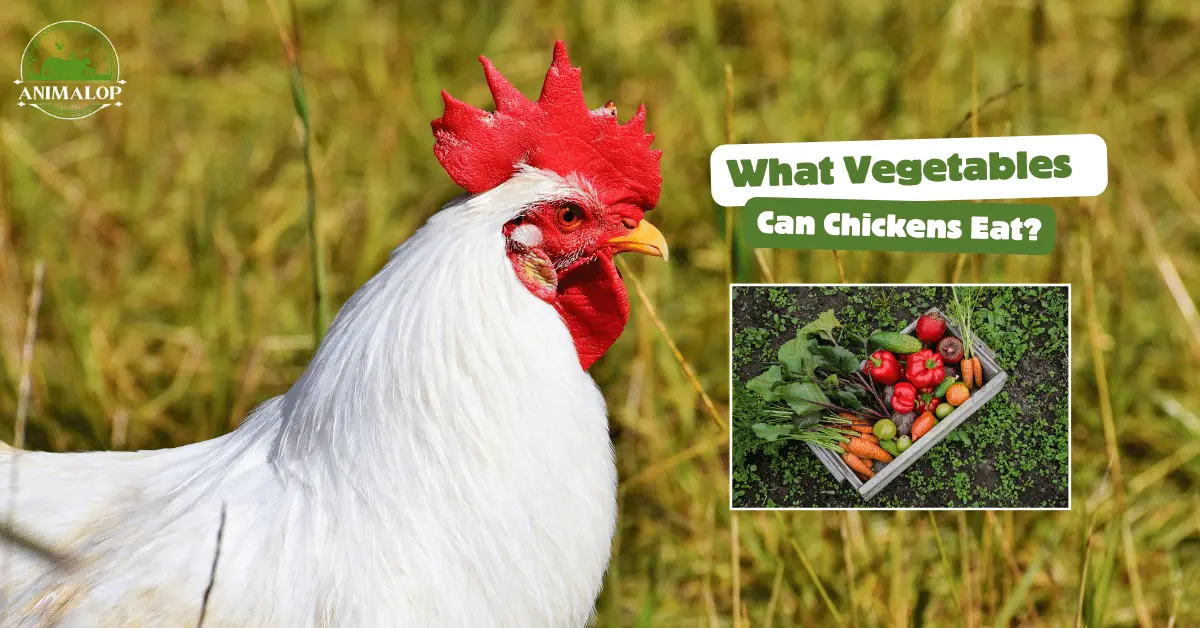
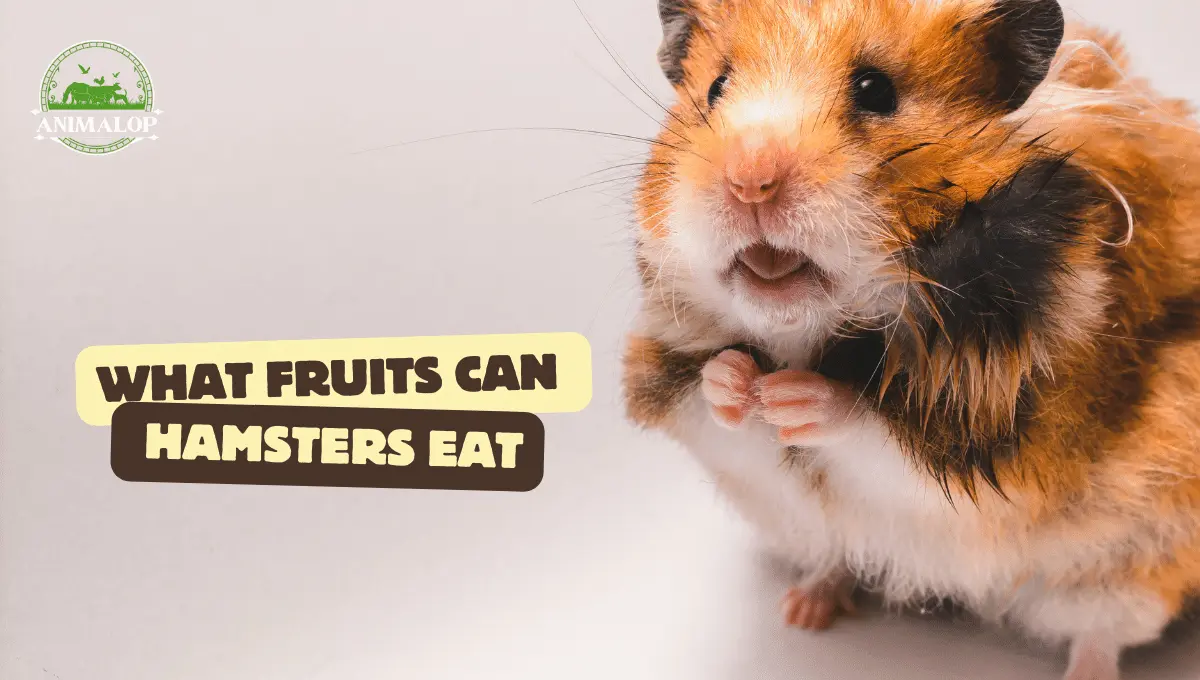
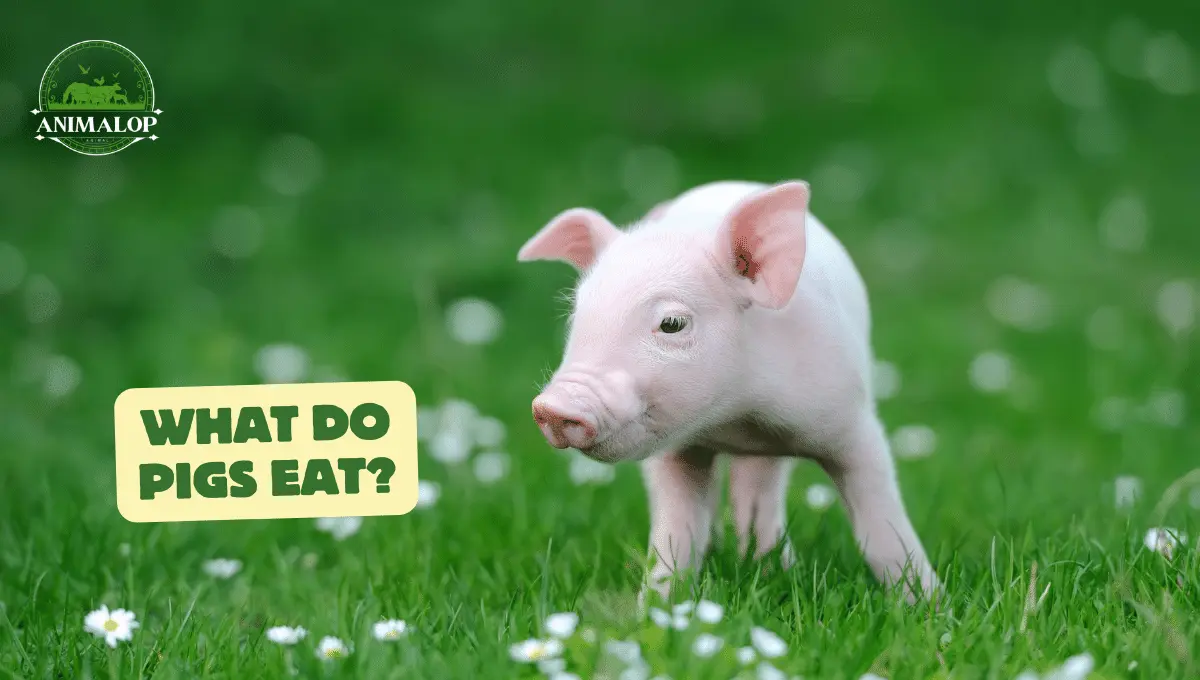
One Comment on “What Vegetables Can Chickens Eat? Feeding Guide And Health Benefits”